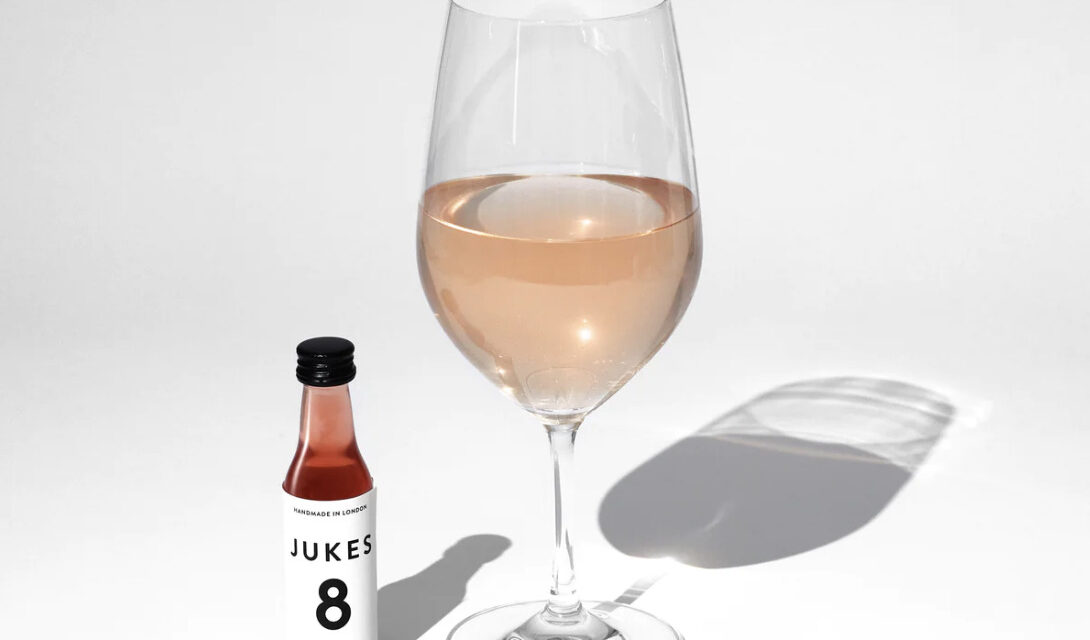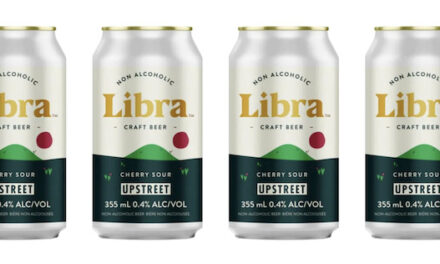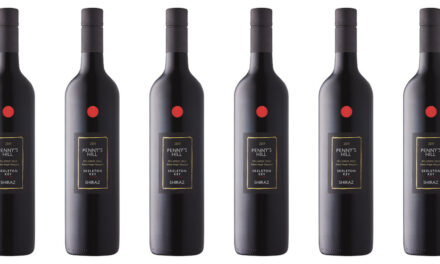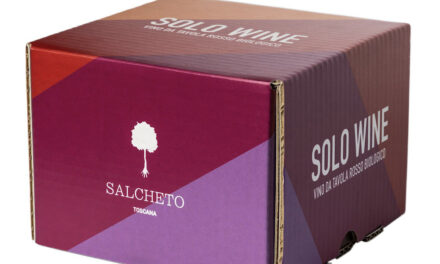Jukes Cordials No. 8 “The Rosé”, London, England (Alcohol 0%) Tre Amici $60 (9 x 30ml bottles)
In my never-ending search for the very best non-alcoholic beverages, I recently discovered Jukes.
I’ve been cautious of beverages based around apple cider vinegar before, as I have found a number of them to taste absolutely foul. There are a number of well-marketed Ontario-made products that sell for a premium and are found in many top restaurants that I find completely out of balance and, to be quite honest with you, utterly repulsive. I won’t tell you the descriptor I used, as it’s rather vulgar but oh so well deserved.
Aware that my wife doesn’t drink, some thoughtful friends gifted us a couple of boxes of Jukes. It took me a week to make the Matthew Juke connection, and that got me a little more curious.
The shrubs, or concentrated fruit vinegar syrups, known as Jukes, were created by UK wine writer Matthew Jukes. After three decades working in the wine industry, he decided he wanted to create non-alcoholic beverages that could hold their own at the dinner table and interact with dishes in much the same manner as wines do.
Jukes is currently offered in five “flavours”, all modelled on different wine styles. Given my predilection for Provencal rosé, I guess it’s no surprise that I found myself drawn to No. 8, “The Rosé.”
Ingredients are the aforementioned apple cider vinegar, brown sugar, cucumber, watermelon, pear, melon, raspberry, apple, and rhubarb. With this knowledge, one would be surprised at how many of these one can sense on the nose and palate. It’s certainly one of the more complex non-alcoholic beverages I’ve tasted and works an absolute charm at the dinner table.
Apart from the undeniably pretty fruit character, I don’t think it tastes particularly similar to Provencal rosé. However, Jukes has completely nailed both the structure and body, and that’s what makes this a real standout for me. The brown sugar isn’t too prevalent and works in harmony with the acetic acid to create a sense of equilibrium rarely found in such drinks.
It’s suggested that one mix each bottle with chilled still, sparkling, or tonic water. Personally, I much preferred simple still water, as there’s a lot going on in the glass, so I don’t feel it requires any fizz or bitter quinine to taste at its best, but each to their own.
You may have noticed that this stuff isn’t exactly cheap, so unfortunately it’s not going to be for everyday drinking for most, but as a special occasion drink, I feel it’s an absolute winner.
![]()
(Four and a half out of a possible five apples)







